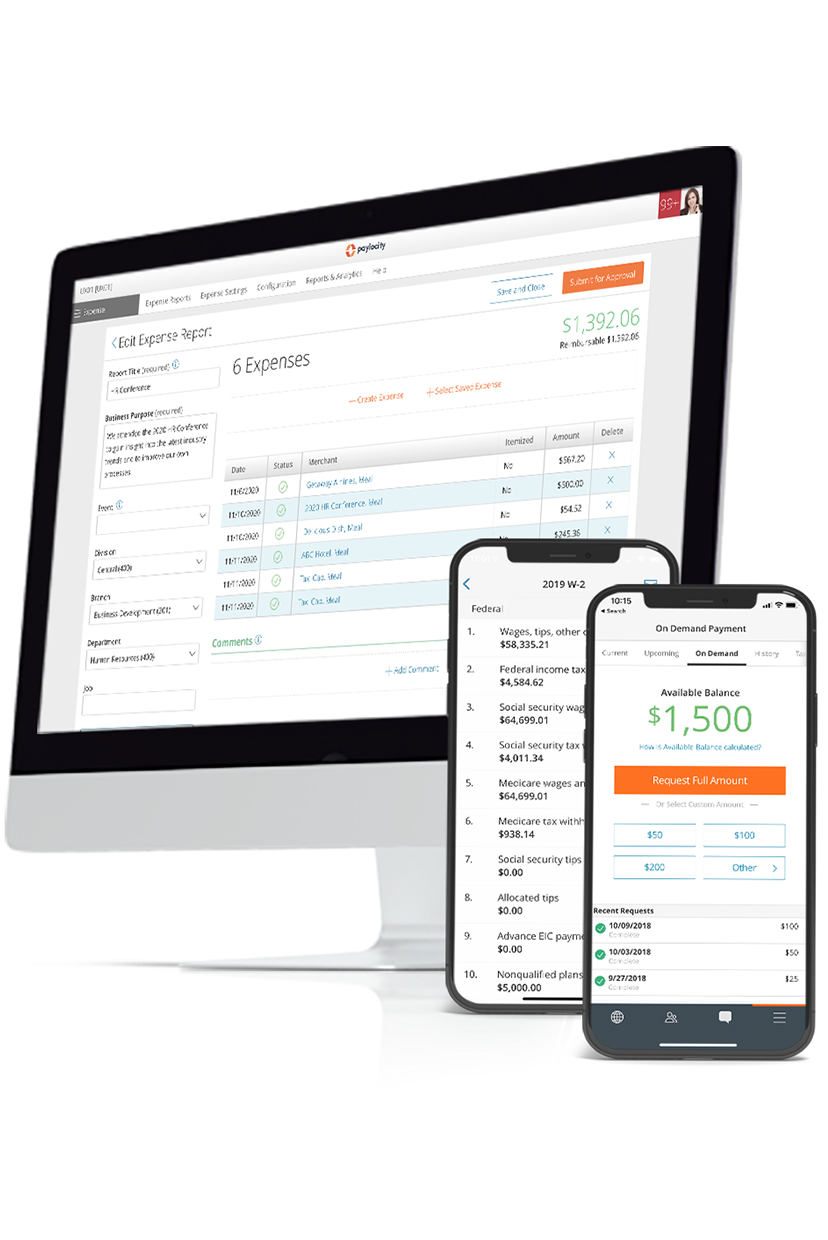Accrued Payroll
Summary Definition: The total accumulated compensation an employer owes its employees but hasn't yet paid out.
What is Accrued Payroll?
Accrued payroll is the total amount of accumulated wages and benefits employees earn within specific pay periods that haven’t yet been paid out.
Until it’s paid, accrued payroll is recorded as a liability on the company's balance sheet, because it indicates the financial obligation a company has towards its employees and corresponding government agencies. This makes accrued payroll a critical component of managing an organization’s financial reporting and budgeting.
Key Takeaways
- Accrued payroll is the total earned wages and benefits awaiting payment to employees.
- It includes an employee’s normal salary or hourly wages, any supplemental income, and vacation pay.
- Understanding accrued payroll helps businesses anticipate expenses and better manage tax obligations.
Types of Accrued Payroll
There are different forms of compensation that make up accrued payroll:
- Regular accrued wages: The agreed-upon pay rate for the standard hours worked.
- Overtime pay: Extra compensation for any hours worked beyond the regular workweek or daily shift.
- Bonuses: Additional employee rewards, often based on performance or company profits.
- Vacation pay: Payment for earned but unused vacation days.
- Sick leave: Payment for earned but unused sick days.
- Other benefits: Includes contributions towards health insurance, retirement plans, and other fringe benefits earned by employees.
Why is Understanding Accrued Payroll and Taxes Important?
Understanding and managing accrued payroll and taxes supports legal compliance, financial management, and employee relations.
- Allows for better planning of future expenses related to employee compensation and benefits.
- Helps businesses avoid expensive fines and legal hassles.
- Promotes financial management transparency and accountability.
- Maintains employee satisfaction by ensuring workers are paid correctly and on time.
How to Calculate Accrued Payroll
Calculating accrued payroll varies depending on employee compensation packages and applicable liabilities, but most companies use the following basic steps:
- Calculate outstanding payroll: Multiply the hours worked by the hourly wage to find the total owed for the pay period. To avoid errors, count only the accrual of wages for unpaid hours worked.
- Factor in bonuses, commissions, and overtime: Add any extra earnings (e.g., bonuses or commissions) to the total accrued payroll. Leave out bonuses that were paid immediately.
- Include all payroll deductions: Include employer portions of income taxes, employer-owed unemployment taxes, and employer contributions to both health insurance premiums and the employee’s retirement plans.
- Account for PTO: Add the value of the paid time off (PTO) hours the employee accrued that pay period. To calculate this value, compare the amount of accrued PTO hours to the amount of hours the employee worked and apply that ratio to the wages the employee earned that pay period.
For example, if an employee earns 4 vacation hours for every 80 hours worked in a pay period, those PTO hours are equal to 5% of the total hours the employee worked (4 ÷ 80 = 0.05). Thus, the value of those PTO hours is equal to 5% of the wages the employee earned that pay period, and the employer would add that 5% in with the rest of the accrued payroll.
Example of Accrued Payroll Calculation
Accrued Payroll = (Hourly wage x hours worked) + (bonuses + commissions + overtime) + (Employer payroll taxes + Employer contributions) + (Accrued PTO)
Payroll Accrual Example
Chris is a salesperson for a local beauty company and is paid every two weeks based on the hours they work, plus any commissions from their sales. Chris earns $50 per hour and receives half a vacation day every pay period.
If Chris worked 40 hours every pay period and closed three deals this week for a total commission of $900, the accrued payroll for Chris that pay period would be:
- Accrued wages and salary: $2,000 ($50 hourly x 40 hours)
- Commissions, bonuses, and overtime: $900
- Accrued PTO: $200 (0.10 x $2,000) since Chris earned 4 PTO hours for the 40 hours of completed work (4 ÷ 40 = 0.10)
- Employer taxes and contributions: $500
- Total Accrued Payroll: $3,600
Best Practices for Accrued Payroll Recordkeeping
Recordkeeping requirements depend on several factors, such as company size, industry, data type, and governing agency. Here are best practices:
- Keep detailed records: Maintain thorough records of all accrued payroll transactions. Modern payroll software can ease and simplify this record-keeping processes.
- Regular reconciliation: Regularly compare accrued payroll records with overall payroll processing records to quickly spot discrepancies.
- Data security: Securely store accrued payroll data and follow data protection regulations. Implement encryption and access controls to stop unauthorized access.
- Retention policies: Keep payroll records for as long as the law requires. This includes retaining payroll reports for auditing purposes.
- Review and audit: Conduct regular audits of accrued payroll records to catch errors and guarantee compliance with internal policies and external regulations.

Save Time with Stress-Free Payroll Solutions
Payroll doesn’t have to be complicated, but it does have to be right. Stay compliant, collect employee data, and streamline tax filing – all while putting time back in your day with our automated payroll software. With the assurance of an error-free workflow, you can get back to what matters most – your people. Learn how our modern solutions get you out of the tactical and back to focusing on the bigger picture.